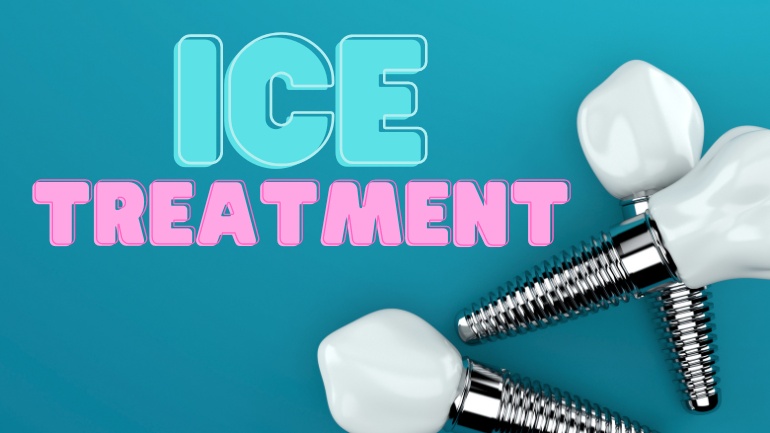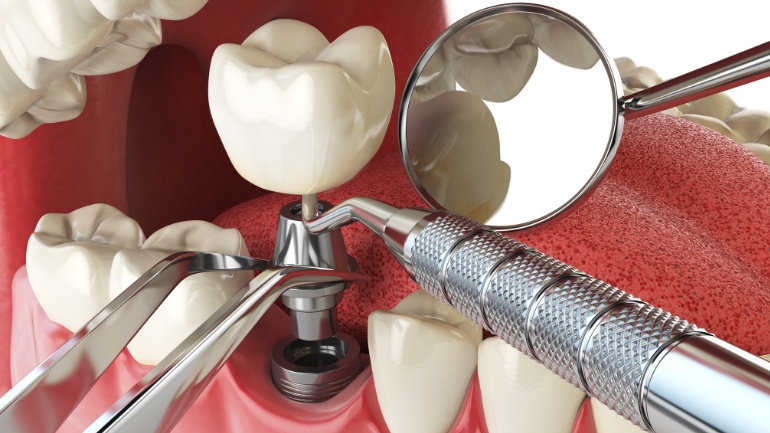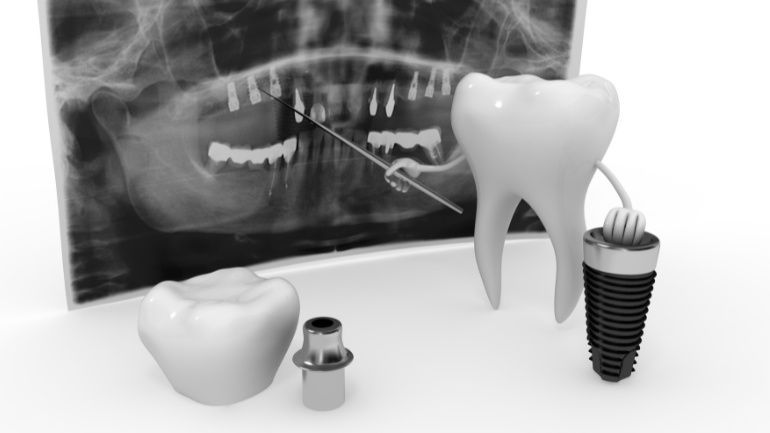
Having dental problems, cavities, and teeth loss are not uncommon. Numerous people lose their teeth or have tooth decay due to various reasons. Thankfully, modern dentistry has a solution for teeth loss.
The most preferred treatment for teeth loss is having a dental implant. This therapy usually involves the surgical implantation of medical devices to restore bodily functions - and aesthetics. Ice therapy is a helpful treatment you will receive after having an implant.
After the implant treatment, the patient receives further operations to support the implant, and this is where ice treatment comes on the scene. Since dental implant treatment is a relatively complicated process, the patient's body may react and demonstrate some side effects. In order to prevent such reactions and improve the operation's success, Smile Center recommends its patients have an ice treatment. This way, their dental implants can get better faster and healthier.
Do you want to learn more about ice treatment? Then you are on the right page! In this article, we will dive into ice treatment.

What Is Ice Treatment?
Post-implant ice treatment is a simple yet effective method to reduce the pain in the area. This treatment is very similar to regular ice therapy, where you place ice packs on a swollen or hurt body part.
As you can see, ice treatment is nothing special to dentistry. It is something we all do when we hurt ourselves. Nevertheless, since having an implant is a complicated process, it might require someone experienced to apply ice treatment to the implant area.
What Does Ice Treatment Do?
We recommend ice treatment due to its various benefits to the implant treatment. Here are some of the reasons you should have an ice treatment:
-
It supports the healing process: Ice treatment on the implant area might be key to accelerating the healing process. Since the process decreases pain and stops bleeding, your body will have more energy and time to heal.
-
It will enhance your comfort: The healing process of a dental implant should not be too painful. Nevertheless, since everybody has a different pain tolerance and healing process, the discomfort and pain in the implanted area might last for days. And having an ice treatment might improve your comfort by helping you feel less - or even no - pain.
-
It might improve the operation's success: Significantly, a patient's body accepts the implant without much reaction. And an ice treatment relieves the body by reducing pain and discomfort, allowing it to heal faster and increasing the operation's success.

How Long Does Ice Treatment Take After Implant?
It is advisable to apply ice treatment for the first three days after the implant treatment. Although a patient can receive the ice treatment from a dental nurse, the treatment is simple and can be done by the patient themself.
Here is a step-by-step guide to how to apply ice treatment to an area:
-
First, find an ice pack or something you can use as an ice pack.
-
Press the ice pack to the operation area for two to three minutes. Since keeping an ice pack on the skin for too long might cause ice burns, always have a 10-minute rest after each compression.
-
If you see swelling or bruising in other parts of the face, such as under the eyes or cheeks, you can apply ice treatment there, too.
Although ice treatment needs to stop bleeding, it is completely normal to see blood in saliva during the first several days. Nevertheless, if the bleeding continues and does not stop, applying a sterile tampon might be necessary. Also, in case of excessive bleeding in the area, the patient needs to see a dentist and start using antibiotics to prevent the development of an infection.

Is It Necessary to Have An Ice Treatment After Implant?
It would be wrong to call an ice treatment "necessary." Nevertheless, it is a typical part of dental implant treatment, and at Smile Center, we always recommend our dental patients have an ice treatment to help their bodies heal faster.
Plus, an ice treatment will reduce the pain and ache, allowing our patients to enjoy the rest of their time in Turkey.
Published Date: August 29, 2023



